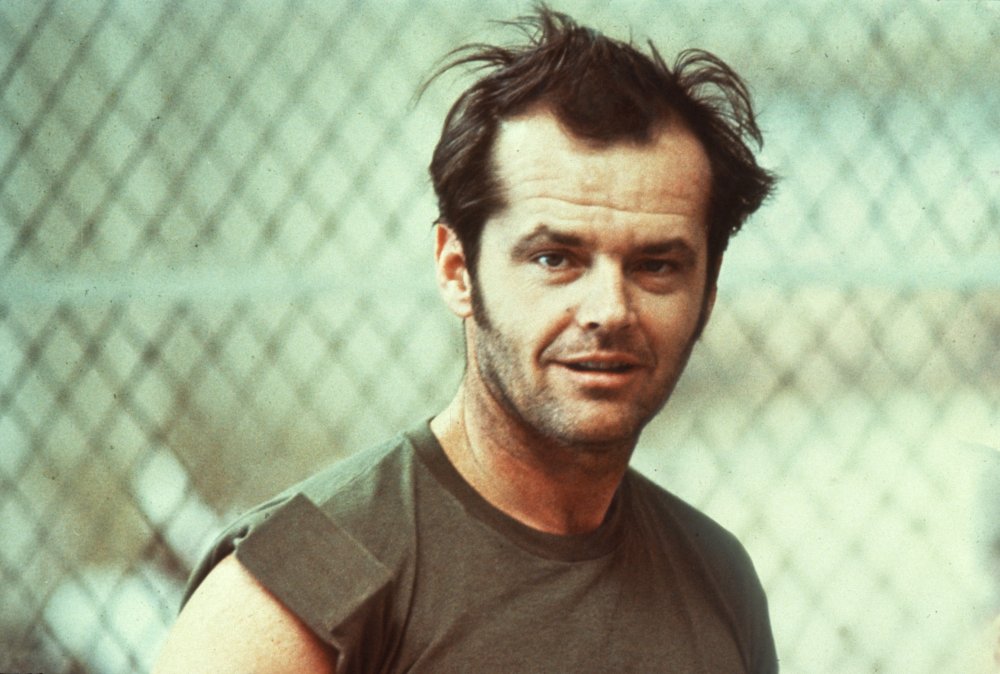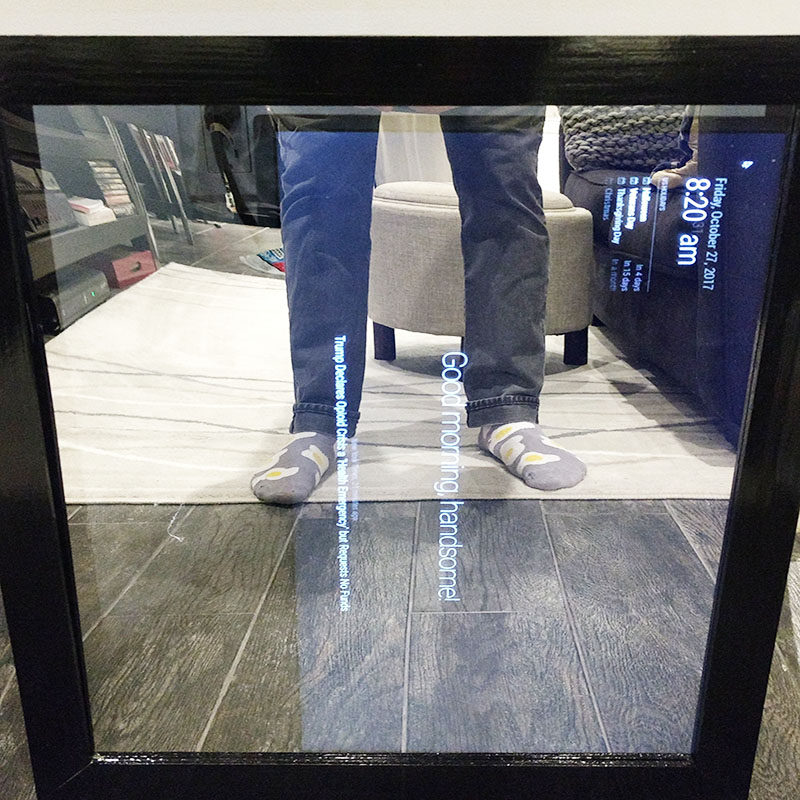The Other Nurse From "One Flew Over the Cuckoo's Nest"
A theory and ridiculous overanalysis
Day 182,909,251 of Quarantine:
Okay, so I recently re-watched One Flew Over the Cuckoo's Nest, of course, while remaining quarantined, and I picked up on a few things I didn't pick up before. I did some extreme Googling, which is now an everyday task that has formed habitually during movie watching, like, when you ask yourself "What other dramas has Steve Buscemi been in besides Boardwalk Empire?", and simply must know the answer. I won't provide you the answer here because, much like life's many mysteries and its true meaning, the truth must be uncovered only by oneself during a spiritual pilgrimage. Upon finishing the film, I had a few major discoveries, of which I'll go into some lengthy and much unnecessary detail here.
First, if you haven't seen the 1975 film One Flew Over the Cuckoo's Nest, based on the book of the same name by Ken Kesey, your cinematic conquests are far from complete. Without any spoilers, the TL;DR of the plot is Randle McMurphy, played by a very young, and Timothy Oliphant looking, Jack Nicholson finds his way into a permanent placement in a mental institution. He befriends some of his fellow inmates, knowingly and unobjectively uprooting the normalcy and daily activities that take place in the institute, whilst starting a troublesome relationship with the faculty nurses and orderlies. They have daily group therapy sessions led by the head nurse, Nurse Ratched, and her assistant, Nurse Pilbow, which end up upsetting the patients in some fashion because the head nurse is a bitch (to put it simply).


Not sure if anyone has ever made the distinction between the two because they are basically the same person if you ask me, or at least Timothy Olyphant from 1997's Scream 2, which also, in my honest opinion, should have been the last Scream sequel to be made.
The animosity between McMurphy and the Nurse Ratched (played by Louise Fletcher), only grows stronger as the plot continues throughout the film. While the film focuses on this entertaining but bitter exchange between the characters, a seemingly innocuous character goes unnoticed and, even what is more peculiar goes throughout the entire film without actually having any real dialogue. Nurse Pilbow, played by Mimi Sarkisian, shares the screentime with Nurse Ratched but appears neutral and void of emotion or care for the majority of the film.
Before we dive deeper into this supposedly inconsequential character, I thought it was important to mention that despite all my dark web Googling, I couldn't find an updated recent picture of this actress in question. To my disappointment, even her IMDB.com page has zero current photos of her, nor an expansive list of her acting accomplishments. Somehow, having this bit of additional data would have given me some sort of solace as my thoughts about this character began to percolate vehemently.
In any case, Nurse Pilbow, the film's mise-en-scène often places her next to or just out of view of the camera where Ratched is the center focus. She portrays a quiet, sometimes almost sullen, smaller shadow of Ratched. She does little to no interacting with the other characters, aside from Scatman Carathers before clocking out for the night towards the latter part of the film. At the surface level, her role is that of just another nurse on the staff of the institute. There is certainly nothing wrong with this character and there is no further dimension needed to assign to her. However, upon my rewatching of the movie, and this is where I put on my tinfoil hat and begin journaling in my Nitzche rhetoric-inspired notebook, theorize that there must be more depth and purpose behind why she is the way she is, and why she takes a backseat throughout the film.

Perhaps she is in fact just a younger nurse in training, choosing not to speak up, or inject herself where her authority is limited. More likely, the filmmakers just needed another nurse on the staff to play the role and nothing more. Or perhaps her character is unintentionally set to be reflective and contrasting of Nurse Ratched. A younger, unscathed, and un-jaded reflection of possibly what Nurse Ratched once was. Ratched's cold stares and often expressionless face are indicative of a long and sullen career working in the hospital. Because of what was likely not her lifelong dream, she has become disenfranchised and sour about the bleak world around her. Any sort of resemblance to joy or even the smallest glimmer of happiness that surfaces in the hospital is refuted, and tries to disassemble at the earliest convenience. This outlook of course only lends itself to McMurphy's disdain for her and her staff. It is possible Pilbow was meant to serve as a subtle reminder to Ratched (and the audience), as to what she used to be and once was, and what she has become.
I'm going to pause here from my overanalysis and let you know that I started writing this post back in July. Since I started writing this there have been a few related developments. First, I thought it would be irresponsible and this post would be without merit if I wrote all about OFOTCN and Nurse Pilbow based solely on the film, and without actually having read the original 272-page book on which it's based upon. Now several agonizing pandemic fueled months later, I've mustered the time to finish the book which hopefully will add some additional insight to this gigantic overthought of a blog post. Secondly, Netflix came out with "Ratched", a prequel to the film, OFOTCN, and a darker, more sinister look into the origin story of the main antagonist of the film. If you haven't already seen it, I'll tell you it almost has nothing to do with the film other than basing it on a character of the same name, or at least as far as we can tell from the first and only available season. If you do decide to watch it, go into it with the notion that you're basically just watching another season of American Horror Story. I read somewhere that they wanted to CGI Jack Nicholson's character into the show but there was some disagreement about this creative move. All this to say that no additional value has been added to this post based on the show, nor was this show the preamble for this post.
But I digress...
Another potential consideration for this Pilbow is that despite her surface-level complacency, her subtle glances to the head nurse could be construed as looks of disapproval. As her subordinate, she has no authority to override Ratched's cruel disposition or would be so inclined to object to any of her rulings. She potentially could interject at any point to the head nurse's wicked moments, plead for kindness and empathy for the residents, even just let them listen to the baseball game for a few minutes, but rather chooses to err on the side of apathy. Unfortunately, the book did not add any additional supportive text for these two characters. I was secretly hoping the film left out some critical detail or alternative insight that would foil my hypothesis, but such is disappointment.
Of course, you could very well watch OFOTCN and read the book and say, "Jon, I think you've spent too much time at home, and may want to lay off the quarantinis for a while", and yes, you could be very right about some or all of that accurate assessment. Or perhaps this is an understated character comparison, the before and after, a subtle comment about the transition of youth and the effect the workforce (or in this case, the effect of working in a hospital), has on it that inevitably changes a person, and in some cases kills the spark inside.





